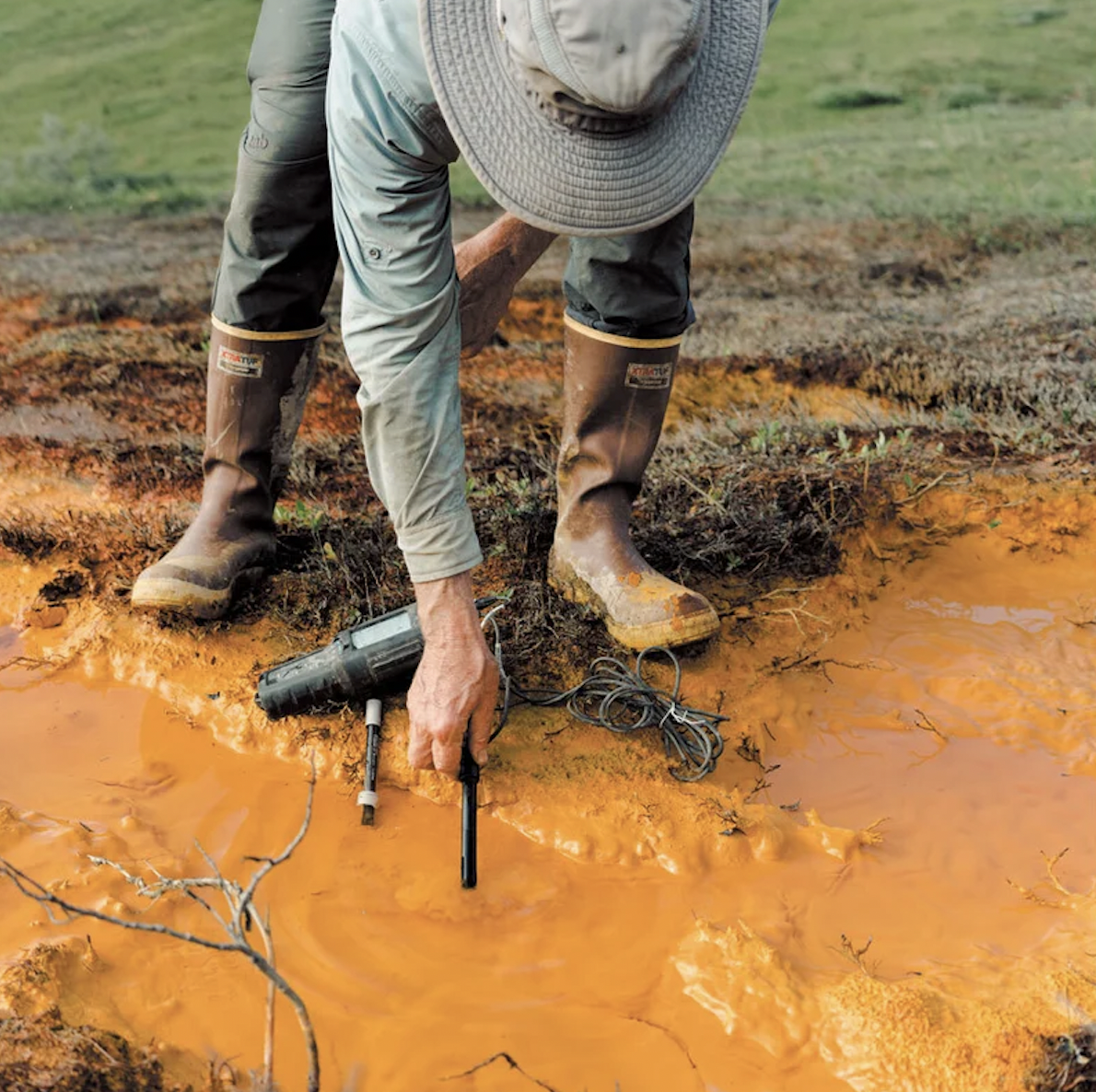On Sunday, ALFA wrapped up its annual seafood raffle by drawing five lucky winners - Ron Hegge, Patty Dick, Milton Farvour, Stephen Rhoads, and Deborah Lyons. each winner will receive a 10 pound box of premium Alaska seafood. Each box will include king salmon, halibut, black cod and rockfish.
Winners will have to decide whether to enjoy the fish themselves or send it it Fedex, at no cost to the winner, to a lucky friend or family member.
Congratulations to the winners and every raffle ticket purchaser who helped to support ALFA’s work to promote sustainable fisheries and thriving fishing communities. ALFA fishermen Jeff Farvour, Phil Wyman, Norm Pillen and Greg Jones donated fish for the raffle. Seafood Producers Cooperative and Sitka Sound Seafoods also provided staff unloading and processing time to contribute to the effort.



